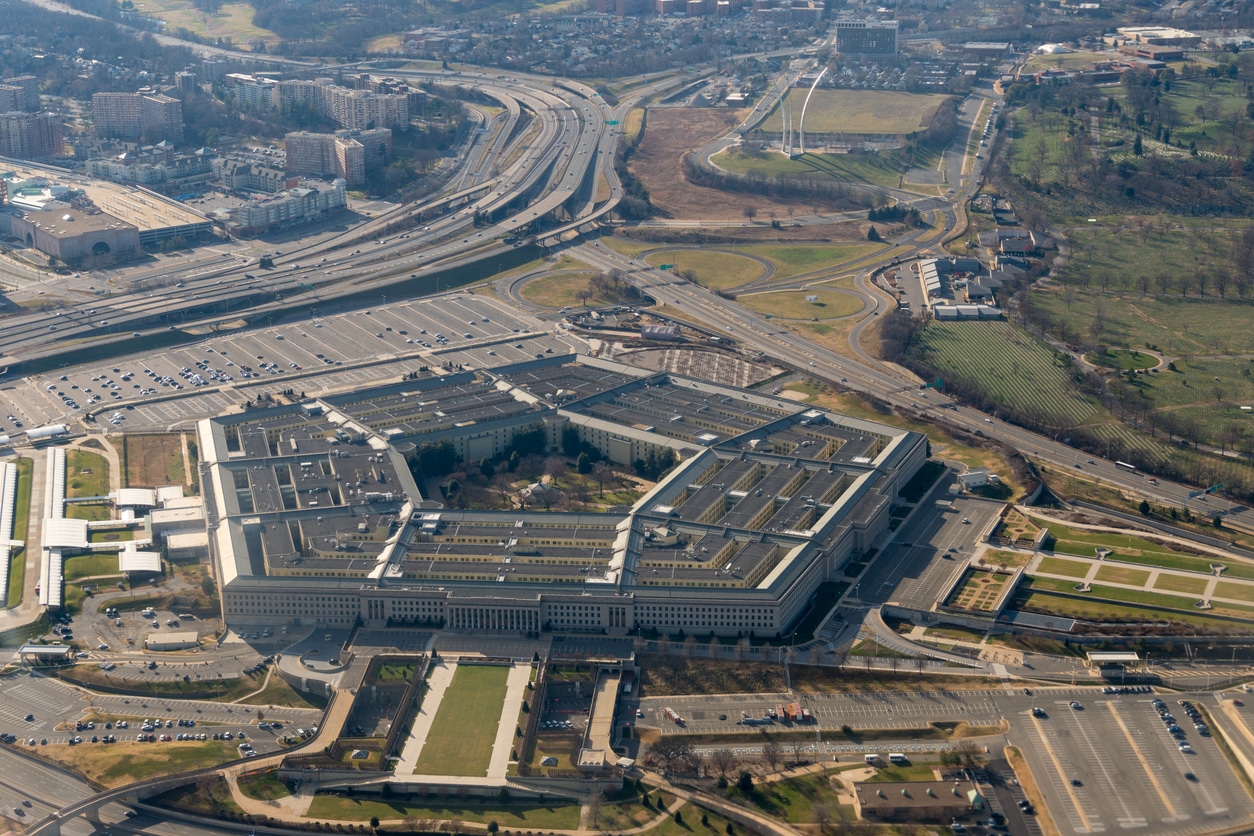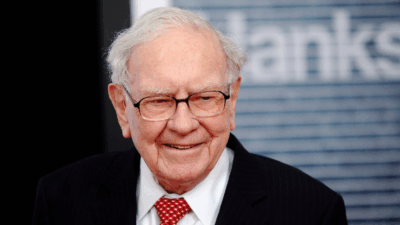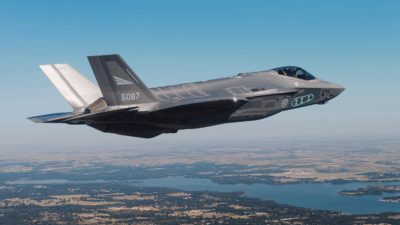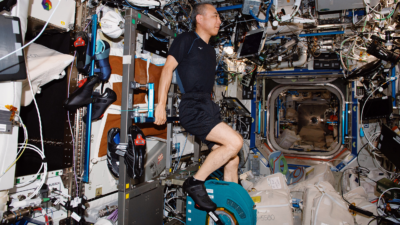Silicon Valley Incubator Backs Its First Defense Company
Y Combinator is backing Ares Industries, a defense company that builds “low-cost cruise missiles.” It previously avoided the defense market.

Sign up for smart news, insights, and analysis on the biggest financial stories of the day.
It’s been war out there for VCs lately, so Y Combinator — the early-stage investor that helped launch Twitch, DoorDash, Dropbox, and more — is venturing into new, more explosive territory.
The startup accelerator has begun backing Ares Industries, a defense company that builds “low-cost cruise missiles.” That’s a seismic shift for Y Combinator, which previously avoided the defense market.
‘Missiles are Cool’
Why? Because that’s where the money is. For fiscal year 2025, the Department of Defense has requested a budget of $850 billion, so it’s not hard to see why tech startups are looking to be courted by the US military. Y Combinator underwriting Ares is just the latest addition to the growing relationship between Silicon Valley and the Pentagon:
- Ares founders Alex Tseng and Devan Plantamura say wars in the Middle East, Ukraine, and possibly the Taiwan Strait are creating a need for their missiles. They’re priced at $300,000, and are expected to be 10 times smaller than the DoD’s current long-range ship missiles, as well as 10 times cheaper than what the DoD currently pays.
- “The United States is not adequately prepared,” Tseng said in a blog post. “In a potential conflict, our stockpiles will run out in weeks, and we currently don’t have the industrial capacity to build at a rate that could win a war, much less deter China.”
While Plantamura’s bio on the Y Combinator website explains that he is “a serial entrepreneur in the defense technology sector with a passion for safety, ethics, and compliance no matter the product,” Tseng’s simply says, “Missiles are cool.”
Strange Bedfellows: Silicon Valley and the Pentagon were not always the best of friends. Tech startups traditionally shunned the idea of their products being harnessed by the military for warfare, and the DoD already has a list of go-to suppliers like Boeing and Lockheed Martin. But that’s changing as the cost of war increases.
The Defense Innovation Unit, a DoD organization, has handed out dozens of contracts worth more than $5.5 billion for products including autonomous drones and cybersecurity software since its inception in 2015, Bloomberg reported. Also, PitchBook estimates venture capital firms invested roughly $35 billion across 627 deals in 2023. Just this month, the Peter Thiel-backed Anduril Industries raised $1.5 billion to ramp up production of autonomous weapons for the US military and its allies. War: What is it good for? A whole lot of money, obviously.











